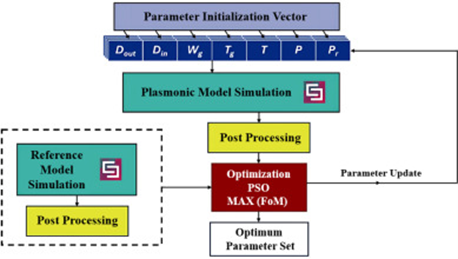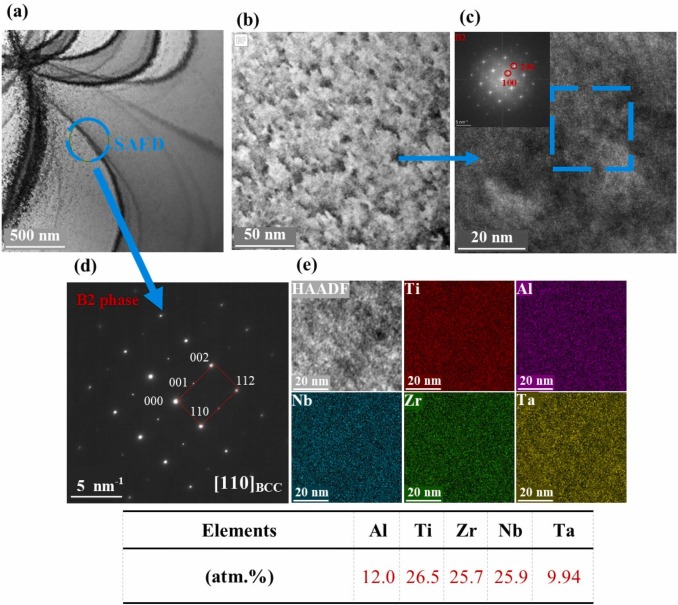

Supervised ML for Identifiying Biomarkers Driving the Response to ICBs in Melanoma patients
The Immune Checkpoint Blockade has transformed cancer treatment. Cytotoxic T-Lymphocyte Associated Protein 4 (CTLA4), Programmed death-1 (PD-1) are antibodies that block immune checkpoint proteins that have been FDA approved for treating a variety of cancers including melanoma, renal carcinoma, and non-small cell lung cancer. Immunotherapy tend to stimulate the immune system of patients to detect and kill cancer cells while sparing normal cells by using checkpoints such as CTLA-4 and PD-1, which are molecules on immune cells that are turned on or off to allow the immune response to begin. Despite the high response rate in Melanoma patients, majority of patients are resistant or refractory to treatment, which is a major cause of death. Identification of the components that are driving or prohibiting such response to Immune Checkpoint Therapy is an emerging need to thoroughly understand and regulate the use of Immunotherapy. Despite the identification of several immune cell subsets linked with immune checkpoint inhibitor response or resistance, further research is needed to assess the drivers and underlying mechanisms driving therapy response response. One of the most difficult challenges in Immunotherapy research is the complexity of the immune system and transferring this information into clinical practice. As a result, this study aims to investigate traditional profiling data as well as application of Machine Learning Algorithms for predicting factors important for immune response. Furthermore, the identification of biomarkers that may predict driving response. As a result, the cells can be better understood, as well as the cellular interplay between the immune system and malignancy. © 2022 IEEE.



